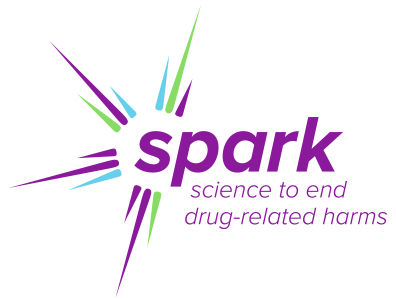Title: EARLY LIFE STRESS AND ADOLESCENT COCAINE ABUSE: NEUROBIOLOGICAL VULNERABILITIES
Project Number: 5R01DA038588-05
Contact PI / Project Leader: SANCHEZ, MAR M
Awardee Organization: EMORY UNIVERSITY
Abstract Text:
DESCRIPTION (provided by applicant): Adolescence is a period of increased vulnerability for the development of substance abuse, including cocaine addiction. Despite the known risk of adolescence initiation of cocaine abuse for lifelong addiction, and its tremendous health and societal costs in the US, the neurobiological mechanisms of increased risk during this developmental period are poorly understood. The proposed studies will examine this question in a novel and highly translational adolescent nonhuman primate model, investigating the effect of an important risk/vulnerability factor: exposure to early life stress. We will also determine whether increased emotional/stress reactivity increases vulnerability to cocaine addiction, including relapse, in females. We will use a highly translational macaque model of early life stress (infant maltreatment) to examine the neurobiological mechanisms underlying increased vulnerability to cocaine abuse and relapse during adolescence. The project will build on ongoing longitudinal studies of developmental alterations exhibited by the maltreated animals, which have been characterized by our group since birth using a unique cross fostering design that rules out confounding effects of heritability on outcome measures. We have evidence that the adverse experience leads to increased emotional reactivity and alterations of prefrontal connectivity (both structural and functional) during the infant period, and we will now examine whether these alterations (1) persist during adolescence and (2) underlie increased risk to cocaine abuse. Our goal is to investigate the neurobiological mechanisms underlying increased vulnerability to cocaine abuse during adolescence in animals with a well-documented history of early life stress, with a particular focus on alterations in the dopaminergic and serotonergic systems and prefrontal connectivity with the striatum and amygdala. We hypothesize that the increased emotional reactivity/anxiety characteristic of maltreated animals exacerbates cocaine self-administration and reinstatement, and that females will be more vulnerable than males. The study will also test a pharmacological intervention, through the use of pharmacological blockade of the 5-HT2A receptor during cocaine abstinence to reduce the risk of relapse. A critical aspect of this proposal is its focus on adolescence, as it is the developmental period when humans initiate drug consumption and has been rarely examined in nonhuman primate studies of cocaine abuse.
